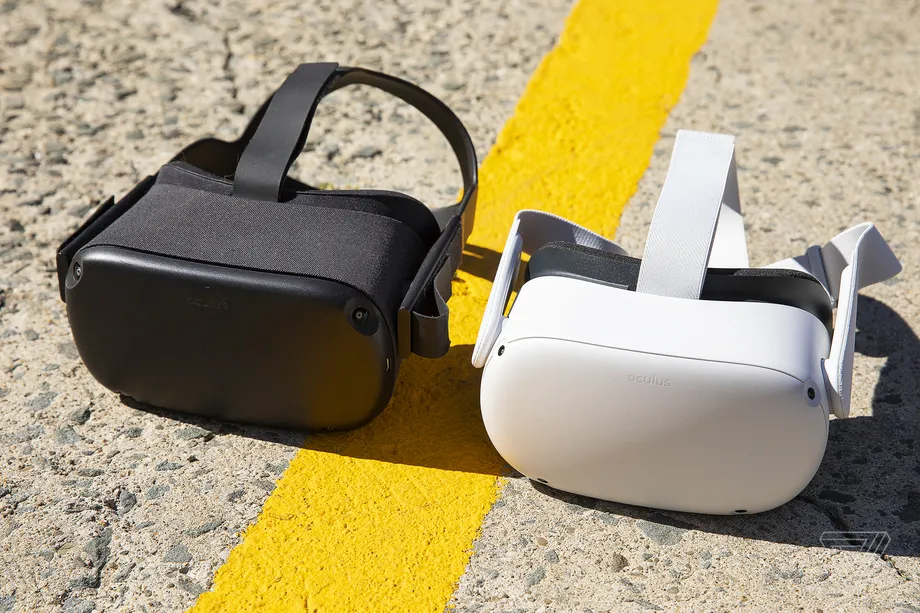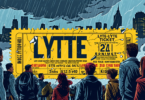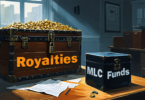Why an FTC inquiry into the company’s VR ambitions matters more than the lawsuit ruling By Casey Newton@CaseyNewton
/cdn.vox-cdn.com/uploads/chorus_image/image/70378483/akrales_200904_4160_0390.0.0.jpg)
This story is part of a group of stories called
Platformer is an independent newsletter from Casey Newton that follows the intersection of Silicon Valley and democracy. Subscribe here.
Just over 13 months ago, the Trump-era Federal Trade Commission sought to break up Facebook. The lawsuit was a long time in coming — it sought to unwind acquisitions that were made in 2012 (Instagram) and 2014 (WhatsApp) — and, in its initial form, was laughed out of court. The FTC had not plausibly demonstrated that Facebook had a monopoly, Judge James E. Boasberg ruled at the time, and thus could not proceed.
Still, Boasberg offered the FTC a second chance: re-file the case with more evidence to support its central claim, and perhaps it could go to trial. In the intervening months, President Trump had been dislodged from office, and antitrust crusader Lina Khan took the reins at the FTC. To no one’s surprise, she took Boasberg up on the offer to file a revised case. And in a ruling issued this week, Boasberg ruled that the case can proceed.
Here’s Cat Zakrzewski at The Washington Post:
The revised complaint included enough facts to “plausibly establish” that Facebook has a monopoly in personal social networking, referring to services that allow people to maintain relationships with family and friends online, Boasberg said. Boasberg said the “Achilles’ heel” of the FTC’s first complaint was that it was devoid of data supporting its claim that “no other social network of comparable scale exists in the United States.” But the revised complaint included data from the analytics firm ComScore, and argued that Facebook’s share of daily active users of apps providing personal social networking in the United States has exceeded 70 percent since 2016.
“In short, the FTC has done its homework this time around,” Boasberg wrote.
The homework, incidentally, was not particularly elaborate: this time the FTC simply included some Comscore data about the time people spend using Facebook products, along with numbers of daily and monthly active users for it and other products in the space. It remains noteworthy, if unsurprising, that the Trump FTC could not manage to clear even that low bar.
In any event, The New York Times said Boasberg had handed the FTC “a major victory in its quest to curtail the power of the biggest tech companies.” At the very least, the judge helped the FTC save face: after more than five years of lawmakers and regulators decrying the size and influence of Facebook, it would have been beyond embarrassing for the agency to fail even to bring its case to trial.it would have been beyond embarrassing for the agency to fail even to bring its case to trial
And yet, as I wrote when the case was filed, each passing year has weakened the FTC’s monopoly case, and the agency spent all of 2021 struggling to keep it viable. While the agency flailed, TikTok was born and reached enormous scope — in 2021, it was the most visited website in the world, according to Cloudflare. The government would argue that TikTok is fundamentally different than Facebook, alleging that the latter holds a monopoly in something called “personal social networking services.” And yet anyone can open up Facebook or Instagram and notice, day by day, how they are gradually assuming more and more features of TikTok, the app it is supposedly so distinct from.
Meanwhile, Facebook is now Meta, and “a metaverse company.” Questions about whether it’s possible to compete with Instagram or WhatsApp feel feel like questions of more interest to historians than to the next generation of entrepreneurs, which are contentedly (and perhaps foolishly) now rebuilding the entire internet — social networks included — on the blockchain.
One of the oldest arguments against breaking Facebook up was that the market would eventually end the company’s dominance anyway, and likely much faster than any lawsuit could. There’s no doubt that Facebook is still dominant in social networking. But there are cracks in its armor.
All of which makes it notable that while Boasberg allowed the case to proceed, he wrote that “the agency may well face a tall task down the road in proving its allegations.” Over and over again in the 48-page complaint, he notes that he is not yet allowed to assess the accuracy of the facts presented in the FTC’s case. Instead, his job is to determine whether the facts, if true, make for plausible allegations of wrongdoing. And at this point, he decides, they do.
(He stood fast in rejecting another part of the lawsuit case, which argued that Facebook had illegally restricted the transfer of data to third-party developers. That particular policy ended in 2013, making any wrongdoing feel like old news even by the standards of this case.)
Don’t get me wrong: I believe Facebook did make social networks less competitive when it acquired Instagram and WhatsApp. And we’ll never know what consumer benefits we might have seen had those companies remained independent.
But 2014 was a long time ago. And the coming lawsuit and inevitable appeals will stretch out for many more years. At this point, even if the government does successfully force a spinout of Instagram and WhatsApp, those companies will be reborn into a world that is moving on.
The good news for consumers, and for competition, is that the FTC is moving on, too. Even if this lawsuit fails in the end, by filing it the agency has signaled that it will intensely scrutinize any future efforts by Meta to acquire other social networking products. And as new social networks rise up in the future, the lessons learned from Instagram and WhatsApp will almost certainly inspire much more rigorous reviews of future acquisitions in the space. (It’s already happening: in November the United Kingdom blocked Meta from buying a GIF search engine.)what Meta wants to buy in VR is far more important than what Facebook bought a decade ago
Even better, from my perspective, is that the FTC has begun to train its attention where it actually belongs: on Meta’s efforts to snap up all the biggest studios and talent in virtual reality and augmented reality. When I wrote about that subject last June, Meta had already acquired Big Box VR, Unit 2 Games, Beat Games, Sanzaru Games, and Ready at Dawn. Then, in October, it made one of its biggest purchases in the space to date: the Los Angeles VR company Within, makers of the breakout hit subscription fitness app Supernatural, for a reported $400 million.
Meta owns the Oculus App Store, and has perfect knowledge about which games are selling well and converting Quest owners into daily users. In that sense, it’s the company’s sequel to Onavo, the Facebook app that once provided vital early warnings about upstart competitors. In 2022, what Meta wants to buy in VR is far more important to the future than what Facebook bought a decade ago.
That’s why I was heartened to see The Information report last month that the FTC has opened a formal inquiry into Meta’s acquisition of Within:
Meta’s first five VR app acquisitions went through without a hitch because they were too small to trigger a cursory review by U.S. antitrust regulators. But those regulators are slowing down the $400 million-plus Supernatural deal, according to two people with knowledge of the situation. Shortly after Thanksgiving, the Federal Trade Commission opened an in-depth probe of the acquisition, meaning Meta may not be able to finalize the acquisition for another year, assuming the agency doesn’t formally challenge the deal in court, causing additional delays.
This is where the FTC’s attention actually belongs: not on the distant past, but on the still-up-for-grabs present, in which Meta pumps its profits into selling the Quest 2 below cost — to great success this holiday season — and in acquiring all the most-used software in the space.
What happens to Instagram and WhatsApp still matters a lot. But what happens on next-generation platforms may matter much more. The bad news is that the FTC’s current lawsuit came too late to make a difference. The good news is that it seems determined not to make the same mistake twice.
Source: The Verge







